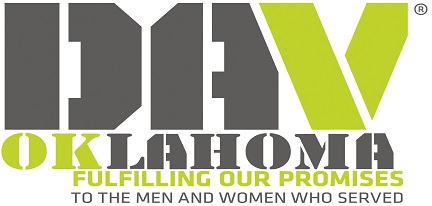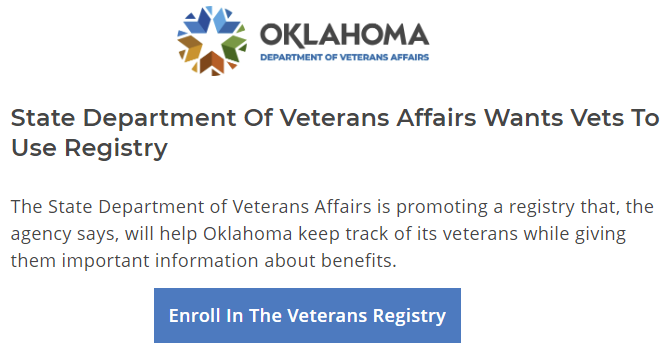Senate Bill 931, by Sen. Paul Rosino (R-Oklahoma City) and Rep. Nicole Miller (R-Edmond) establishes the Veterans Volunteer Guardianship Act to provide a platform to recruit local volunteers to serve veterans who can no longer manage their own affairs and do not have friends or family members that are able to step in to help. Court-appointed volunteer guardians will assist disabled veterans by providing continuity of management across a broad spectrum of needs, including finances, personal care, and healthcare.
“Up to ten percent of our state’s veterans don’t have a family member to assist them with significant and often stressful choices,” Miller said. “The Veterans Volunteer Guardianship Act gives the opportunity for all veterans who need help managing financial, personal or healthcare decisions to have someone they trust accompanying them through the process.”
SB931 passed the House 94-0. It previously passed the Senate 47-0.
“Oklahoma is home to thousands of disabled veterans, many who don’t have any family or friends to help them with decisions concerning their finances, healthcare and other personal affairs,” Rosino said. “This program will provide Oklahoma’s heroes with court-appointed, trained volunteers to look out for their best interests so they don’t fall victim to financial scams or make dangerous health decisions.”




